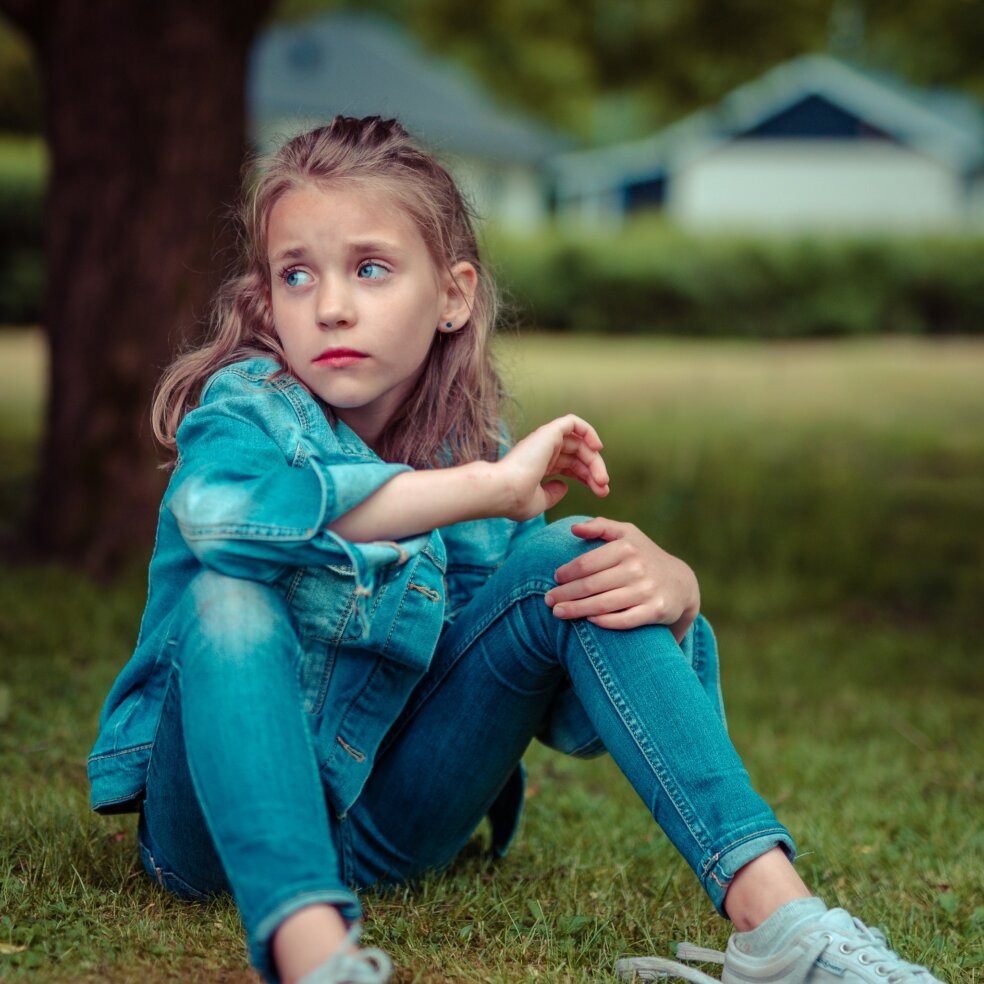Your past has shaped you into the person you are today. Both the good and bad experiences and events that you endure throughout your childhood help to influence and mold you.
While your entire past doesn’t define you, some parts can stay with you and impact certain areas of your life. In the case of negative experiences or adverse childhood events, one’s learning, mental and physical health, and relationships could be impacted even into adulthood.
Let’s learn more about the connection between childhood emotional mistreatment and social anxiety.
What is Social Anxiety?
Social anxiety is a mental health condition that can cause people to experience feelings of intense fear when they’re involved in social situations. Individuals who experience social anxiety disorder or SAD will have a fear of being judged by others or embarrassing themselves in social settings.
Signs and Symptoms
These are some of the most common signs and symptoms of social anxiety disorder:
- Avoidance
- Digestive issues
- Dizziness
- Fear or dread before a social event
- Increased heart rate
- Inability to make eye contact
- Nausea
- Self-consciousness
The Connection Between Childhood Trauma and Social Anxiety
Children must have healthy relationships with their parents or primary caregivers to help them feel supported, loved, and protected. This is even more important in the instance of a traumatic event. When a child has the level of support that they need, they’re able to better manage and cope with the added stress.
When a child doesn’t have that level of support or their trauma is caused by a caregiver, emotional and social consequences can occur. The disruption to their attachment with their primary caregiver can impair their development. Feelings of fear, shame, rejection, and social anxiety can occur. Children who experience childhood trauma are more likely to have difficulty regulating their own emotions and will struggle to form and build close relationships with others.
The Impact of Childhood Trauma on Relationships
When childhood trauma and social anxiety are unaddressed or unresolved, these issues can impact one’s adulthood. Here are some of the ways that trauma and social anxiety can show up later in life:
Anxiety
When a traumatic event occurs, the body and brain attempt to protect themselves through a fight or flight response. Since a trauma tends to stay in the body, the body and brain will have a harder time determining if the threat has passed or not. This channels an overactive stress response. This anxiety can be experienced when involved in social settings.
Low Self-Esteem
Trauma itself can decrease someone’s beliefs, views, identity, and worth. An unhealthy attachment style with a primary caregiver can lead to problems with one’s self-esteem. Negative interactions with people who are supposed to be supportive and nurturing can lead you to believe these interactions are the norm.
Unhealthy Coping Mechanisms
People who go through adverse childhood experiences or childhood trauma tend to develop unhealthy coping mechanisms. Since they didn’t have a support system, they had to learn how to self-soothe. This can lead to the development of unhealthy coping mechanisms. Some of these unhealthy coping mechanisms could include things like overeating or undereating, self-harm, or substance use or abuse. These unhealthy coping mechanisms are only short-term solutions and can lead to worsening signs and symptoms.
Withdrawing or Self-Isolation
Trauma and social anxiety can also increase the desire to want to withdraw or self-isolate. Someone who experienced these negative past events may try to avoid having to experience excessive worry or fear in social interactions. This self-isolation can make someone feel even more alone than they already do. Withdrawing will also hurt any relationships that you do care about as well.
How to Get Help
Trauma and social anxiety on their own can be difficult to handle. Experiencing a combination of trauma and social anxiety can impact the way that you handle your daily life and routine, including your career, personal life, and the relationships you value. If you’re experiencing decreased satisfaction in your life, anxiety, depression, or a lack of trust in others, help is available to you. Reach out today to learn more about how we can help you heal and move forward.

